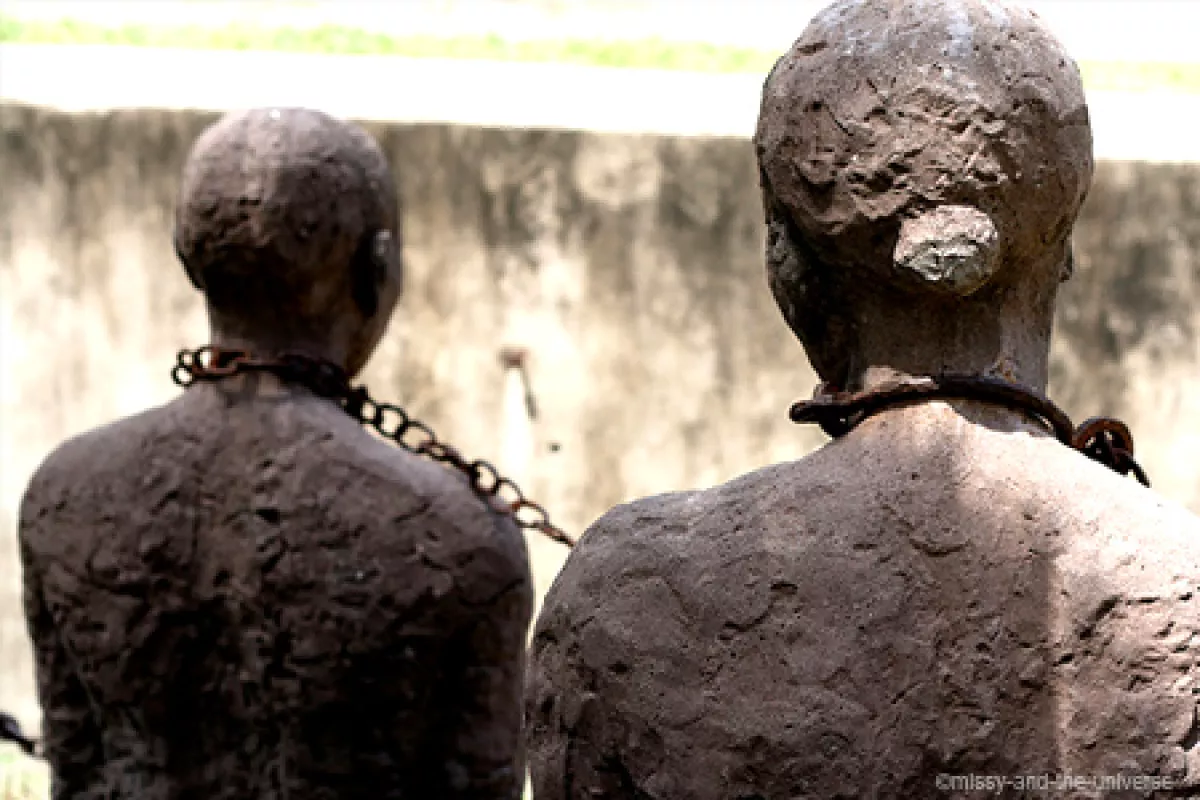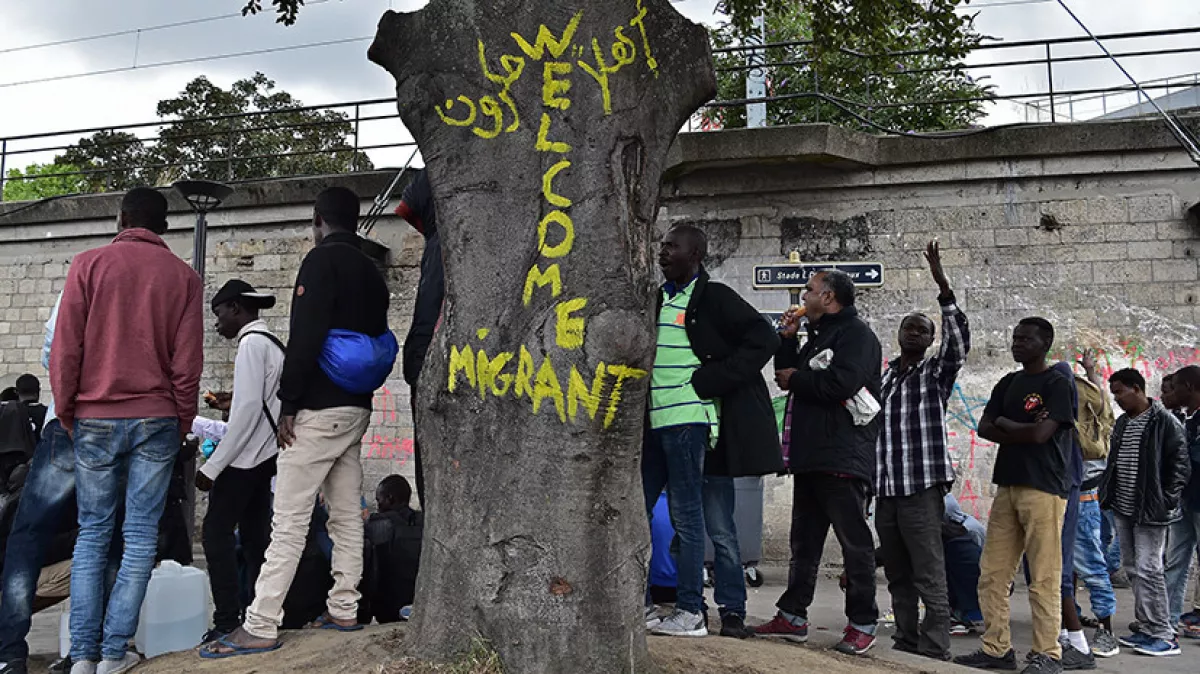Slavery of 21st century: France inhumanely exploiting Moroccan workers ARTICLE by MOROCCO WORLD NEWS
The Moroccan newspaper Morocco World News has published an article exposing the inhumane exploitation of Moroccan seasonal workers in France. Caliber.Az reprints the piece.
A StreetPress investigation has uncovered a systematic exploitation of Moroccan agricultural workers in Lot-et-Garonne, France, where workers reportedly paid €14,000 each for seasonal work contracts while enduring substandard living conditions and receiving below-minimum wages.
The investigation found that Alain Aunac, an elected member of the Rural Coordination agricultural union – a syndicate known for its far-right leanings – allegedly employed dozens of Moroccan workers in his apple orchards under dire conditions.
“My soul is sick, it needs to end. I don’t want to work here anymore,” said Mohammed, known as Java, a Moroccan worker who spent 20 years on the farm, speaking to StreetPress investigators.
The report documented workers living in decrepit housing infested with rats and mold, working up to 10 hours daily, often seven days a week, for as little as €4.57 per hour – far below France’s minimum wage of €11.65.
“Some nights, rats climb onto the light switch and turn on the lights,” Java said in his testimony.

The investigation revealed an elaborate trafficking scheme where Moroccan intermediaries allegedly charged workers €14,000 each for seasonal work contracts approved by France’s Immigration Office (OFII).
“He told me the salary was good, the accommodation was nice, and we could even borrow the boss’s car to go shopping in town,” said Ahmed, a 27-year-old worker who sold inherited land to pay for his contract.
The report noted that workers received sporadic cash payments. “After three and a half months of work, I hadn’t been paid. I just received advances of €50 and €100 to buy groceries!” Ahmed told investigators.
Sophie, a French worker at the farm, confirmed the discriminatory payment structure: “I was paid minimum wage. My Portuguese colleague too but worked more. And the Moroccans were paid five euros per hour and work even more.”

When confronted about the €14,000 contract fees, Aunac reportedly told workers it “wasn’t his problem” and that they should “file a complaint in Morocco.”
The investigation found that Aunac serves on the local agricultural social security board (MSA) while allegedly maintaining these exploitative practices.
Two workers have filed human trafficking complaints with the Bordeaux prosecutor’s office. Their lawyer, Quentin Debril, stated: “My client was approached by people who sold him a form of Eldorado to convince him to leave his country of origin by giving everything he had.”
“Finally, they exercise total control over him and reduce him to the condition of an object, with only economic utility,” he added.
The investigation pointed out that despite a 2019 labor inspection, Aunac only received a warning for unpaid overtime. When contacted by StreetPress about the substandard wages and living conditions, Aunac repeatedly responded: “Yeah, and so?”
The report argues that these practices persist due to insufficient oversight, with less than 10% of agricultural operations being inspected, according to CNRS geographer Béatrice Mesini.
This case pulls at a single thread in a much larger tapestry of exploitation, where traffickers capitalize on Moroccans’ aspirations for European employment to orchestrate systematic abuse. Recent prosecutions illuminate the scope of these operations.
In Gironde, five individuals faced trial in July 2024 for human trafficking after charging four Moroccan workers €10,000 each for contracts. Workers reported working from 4 a.m. in vineyards until 3 p.m., followed by construction work until 8 p.m., while living in unsanitary conditions.
In Libourne, in November 2024, three employers faced charges for exploiting 25 Moroccan vineyard workers who paid €8,000-10,000 each for contracts. Prosecutors requested three-year prison sentences for the main defendants, citing a “well-oiled and profitable trafficking system.”
In another Bordeaux case last May 2024, a father and son received one-year and six-month prison sentences respectively for exploiting five Moroccan workers.
These cases represent only a fraction of reported incidents across French agricultural regions.








